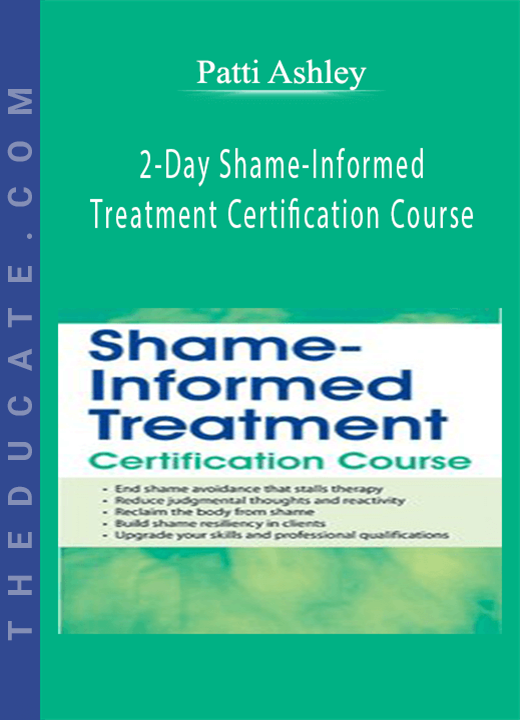Description
Ethics: Current Issues and Practical Responses – Allan Barsky
Tired of the same old information on ethics, errors, and omissions? This course is not a “refresher,” but rather a refreshingly new approach to identifying and managing ethical issues in practice.
Resolving ethical issues is not just about knowing your ethical and legal obligations, but also knowing how to deal with clients and colleagues when ethical conflicts arise. Learn an interest-based approach to building consensus with clients and colleagues, as well as managing ethical conflict in a creative win-win manner.
This recording will provide you with opportunities to practice your new conflict management skills through the use of case examples and experiential learning. Case examples will involve situations related to current issues, including ethical risks of the use of communication technologies, boundary crossings and clients who are involved in court processes.
Learn strategies to help you manage your ongoing practice in a manner that reduces ethical risks, as well as strategies for responding to challenges raised by clients, attorneys and professional colleagues.
- Use a strategic framework to recognize, articulate, analyze and resolve ethical problems and dilemmas that may arise in clinical practice.
- Categorize and manage risk factors that may lead to boundary violations with clients.
- Apply an interest-based approach to resolve ethical conflicts with clients and co-professionals.
- Determine and manage the ethical risks of using communication technologies, including issues related to confidentiality, documentation, boundary crossings, client safety, client exploitation, cross-border services, professional competence and informed consent.
- Engage clients in a full and frank discussion of ethical issues pertaining to confidentiality, privilege and subpoenas to court.
- Respond effectively to attorneys who may request client records or participation of the clinician in court-related processes.
A Process-Oriented Approach to Managing Ethical Issues
- Early identification
- Engage clients and others in resolving ethical issues
- Manage ethical, moral, legal and personal obligations
An Interest-Based Approach to Managing Ethical Issues
- Focus on interests rather than positions
- Enhance communication and trust
- Identify common ground and valid differences
- Generate options to maximize benefits and mitigate ethical risks
- Separate the person from the problem
- Apply objective criteria
- Obtain commitments
Using Communication Technologies
- Rationale for using videoconferencing, email, Smart phones, online social networking and other communication technologies
- Identify risks relating to confidentiality, documentation, client safety, maintaining appropriate boundaries and informed consent
- Manage ethical risks and promote the highest standards of practice
Clinicians in Court
- Identify situations when clinicians may be called to testify or produce evidence
- Balance client, clinician and third party interests in confidentiality, privilege, due process, safety and informed consent
- Respond to client requests, informal attorney requests and subpoenas







9 reviews for Ethics: Current Issues and Practical Responses – Allan Barsky
There are no reviews yet.